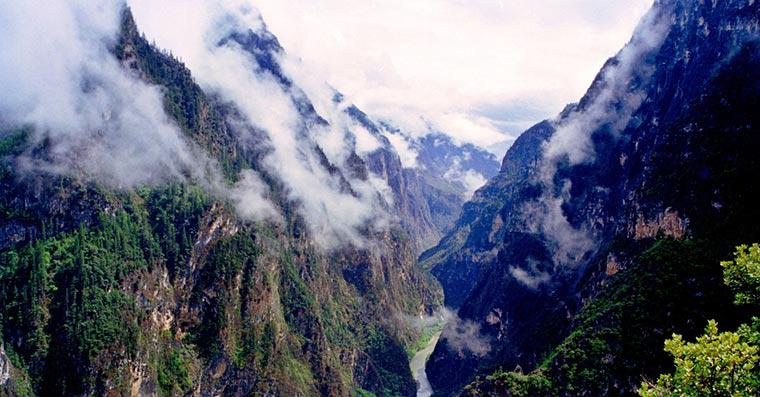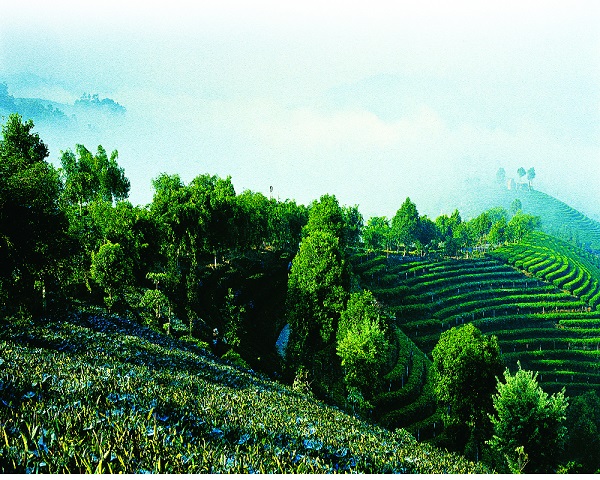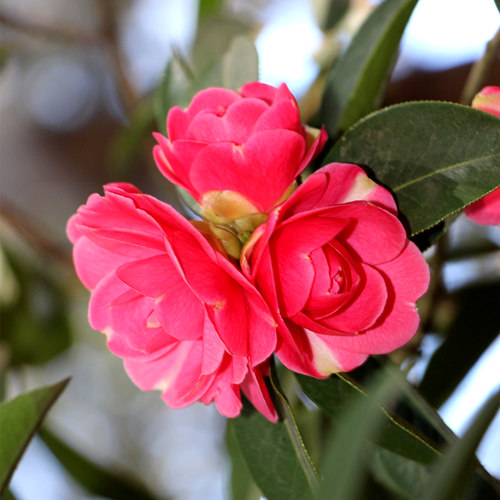
Detailed Introduction to Fengqing County of Lincang
Fengqing County (凤庆县) is a scenic and culturally rich county under the administration of Lincang City in southwestern Yunnan Province, China. Renowned for its lush landscapes, diverse ethnic communities, and growing tea and agricultural industries, Fengqing County offers a blend of traditional rural charm and modern development. This detailed introduction explores its geography, history, economy, cultural heritage, key attractions, transportation, and future prospects.
Geographical Location and Climate
Location:
Fengqing County is located in the eastern part of Lincang City, covering an area of approximately 3,200 square kilometers. It lies in a transitional zone between the highlands of Yunnan and the tropical regions to the south, making it a vital link between different ecological and cultural regions.
Terrain and Environment:
Diverse Landscape: The county features a mix of rolling hills, terraced fields, and scattered mountain ranges. Its varied topography creates picturesque valleys and fertile plains.
Water Resources: Numerous streams and rivers traverse Fengqing, contributing to its lush vegetation and providing essential irrigation for agriculture.
Biodiversity: The region’s climate and varied elevation support a rich diversity of plant and animal species, which makes it attractive for eco-tourism.
Climate:
Fengqing experiences a subtropical monsoon climate characterized by:
Mild Temperatures: Average annual temperatures range from 14°C to 20°C.
Distinct Seasons: Warm, humid summers and cool, relatively dry winters.
Abundant Rainfall: The summer monsoon brings ample precipitation, nourishing the region's agriculture and natural ecosystems.
Historical Background
Fengqing County has a history that stretches back centuries and is deeply intertwined with the cultural evolution of Yunnan:
Ancient Trade Routes: Historically, Fengqing was part of the ancient Tea Horse Road, which facilitated the exchange of tea, horses, and goods between Yunnan, Tibet, and Southeast Asia.
Ethnic Settlement: The area has long been inhabited by diverse ethnic groups, including the Dai, Yi, and Han peoples, whose traditions have shaped the region’s cultural landscape.
Modern Administration: Fengqing was established as an administrative county during the 20th century. Its modern development has focused on preserving its cultural heritage while promoting economic growth through agriculture and tourism.
Economic Overview
Fengqing County’s economy is primarily based on agriculture and tea production, with emerging sectors in eco-tourism and small-scale industries.
1. Agriculture
Staple Crops: Rice, corn, and various vegetables are widely cultivated in Fengqing’s fertile valleys.
Cash Crops: Tobacco and tropical fruits, such as oranges and bananas, thrive in the favorable climate.
Specialty Products: The county is increasingly recognized for its organic and high-quality agricultural produce, supporting both local markets and export.
2. Tea Production
Pu'er Tea: Fengqing is part of the broader Pu'er tea-producing region. The unique climate and altitude contribute to the cultivation of high-quality tea leaves, which are processed into raw or aged Pu'er tea.
Tea Plantations: Scenic tea gardens in Fengqing are both an economic asset and a tourist attraction, showcasing traditional tea-growing methods.
3. Eco-Tourism and Small Industries
Eco-Tourism: With its pristine natural environment and rich biodiversity, Fengqing is developing eco-tourism initiatives. These include guided nature walks, birdwatching tours, and visits to traditional villages.
Handicrafts: Local artisans produce traditional handicrafts, such as embroidery and bamboo weaving, reflecting the cultural heritage of the region.
Ethnic and Cultural Heritage
Fengqing County is home to a mix of ethnic groups that enrich its cultural identity:
Dai Culture: The Dai people, with their colorful traditional attire and festive rituals (such as the Water Splashing Festival), play a significant role in local cultural life.
Yi Culture: The Yi community is known for its vibrant festivals (like the Torch Festival), traditional music, and intricate embroidery.
Han Influence: The Han population has contributed classical Chinese customs and modern cultural elements that blend seamlessly with local traditions.
Local festivals, traditional crafts, and culinary specialties provide a window into the deep cultural roots of Fengqing. Traditional music, dance, and religious ceremonies are regularly celebrated, making the county a hub for cultural tourism.
Tourist Attractions
Fengqing County offers a variety of attractions that highlight both its natural beauty and rich cultural traditions:
1. Scenic Tea Gardens
The extensive tea p



